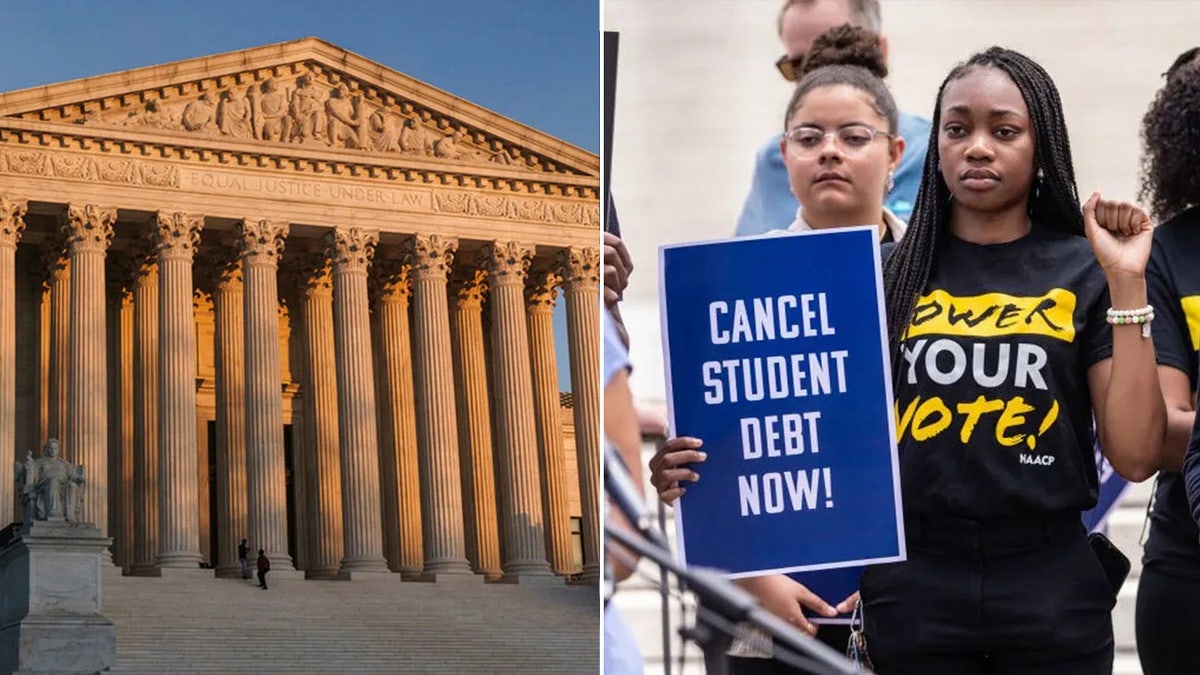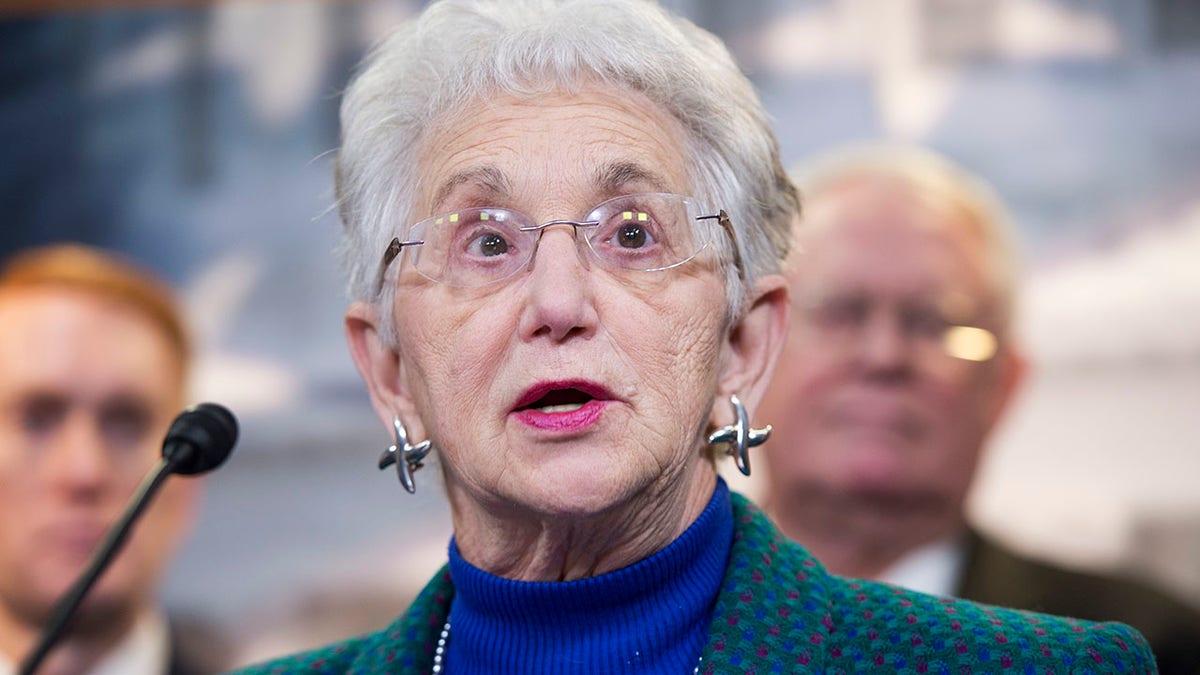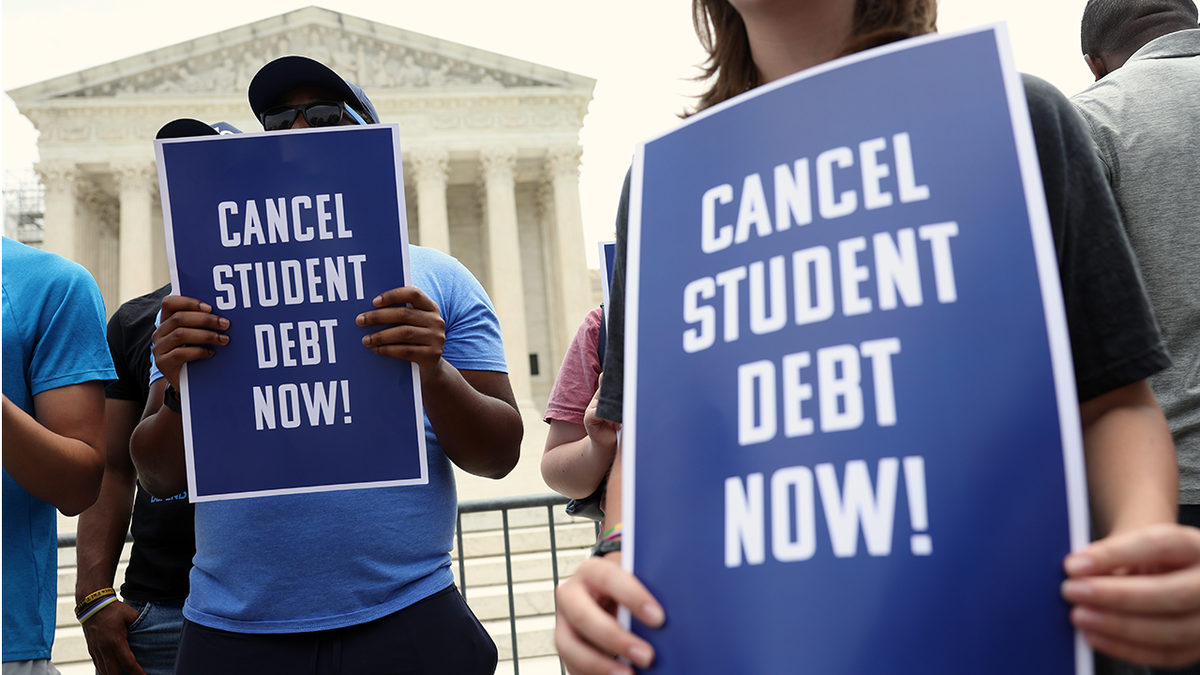As President Biden's term nears its end, his administration is finalizing two new student loan relief initiatives. These programs are currently under review by the Office of Management and Budget, a crucial step before official implementation.
The first initiative, often referred to as "Plan B," aims to provide widespread student loan forgiveness under the Higher Education Act. This follows the Supreme Court's rejection of the administration's initial attempt at broad loan forgiveness, deeming it unconstitutional. This revised plan targets approximately 23 million borrowers, particularly those affected by escalating interest on their loans.

The second program focuses on borrowers facing financial hardship, aiming to offer relief to around 8 million individuals. This program would grant one-time forgiveness to borrowers deemed at high risk of default, based on an assessment using existing borrower data.
These initiatives have drawn criticism, notably from Rep. Virginia Foxx (R-N.C.), Chair of the House Committee on Education and the Workforce. Foxx has labeled the efforts a "Band-Aid solution" that burdens taxpayers and criticized the administration for not addressing the underlying issues driving high college costs.

Legal experts, such as Madison Doan of the Heritage Foundation, predict these new programs will likely face similar legal challenges as the previous attempt, citing recent rulings that limit executive authority in interpreting statutes. Doan highlighted that even Democratic-appointed judges have expressed skepticism about the administration's legal arguments.
Beyond these two programs, the Biden administration is also working on an interim rule to revive an income-driven repayment plan currently held up in court. This revised rule includes modifications intended to address the legal concerns that stalled the original plan. However, its implementation is scheduled for several months into the next presidential term, potentially jeopardizing its future.

Critics argue that the administration's reliance on executive rulemaking bypasses the legislative process. Chad Squitieri, a law professor at Catholic University, suggests that negotiating with Congress would have been a more appropriate path to achieving debt relief. He points out that while rulemaking may be quicker, it can undermine the stability of long-term solutions. The Biden administration's extensive use of executive rulemaking has led to a record number of Federal Register pages filled this year, highlighting its preference for this policymaking approach.
Comments(0)
Top Comments